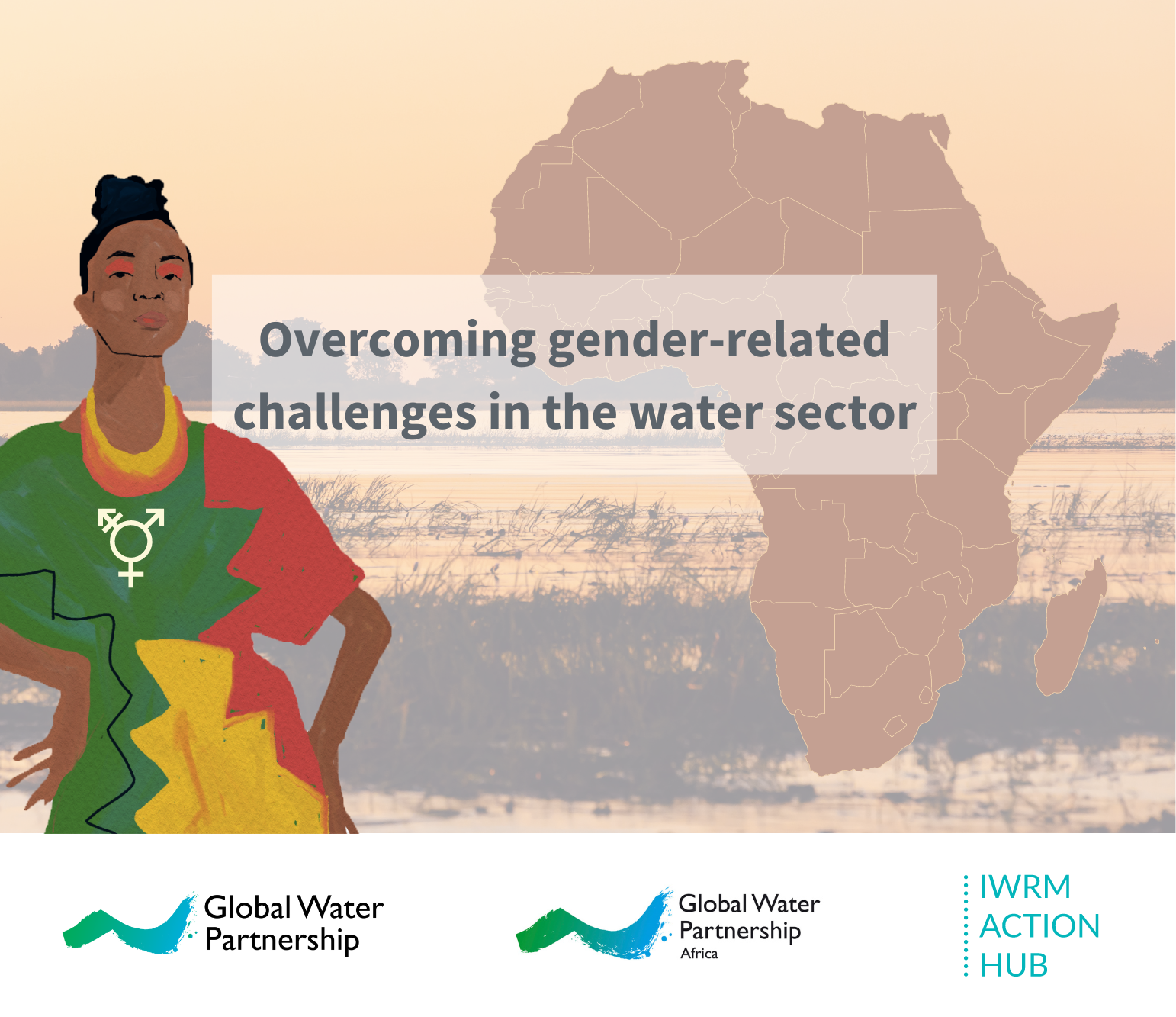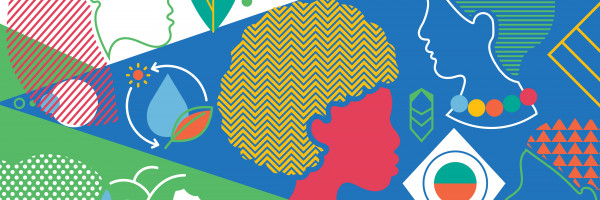Meet the winners: Success stories on overcoming gender-related challenges in water sector from Pan African region
Meet the winners of the gender case study competition
Success stories on overcoming gender-related challenges in water sector from Pan African region
The Global Water Partnership (GWP) launched a call for stories and case studies that demonstrate how gender equality and inclusion have been improved in water management and climate resilience actions. We have received many high-quality submissions which have been carefully reviewed by an excellent women panel of gender experts. On this page, we highlight the work of the top five case study authors and their teams, as well as numerous networking opportunities with experts featured on the IWRM Action Hub.
The initiative is supported by the Austrian Development Agency through the Africa Investment Programme's Gender Transformative Water, Climate, and Development Programme (AIP WACDEP-G).


Mozambique: The Gender, Environment and Climate Change Strategy
The gender environment and climate strategy aims to address in an integrated manner the gender perspective in the water sector, with a view to improving the quality of life of the population particularly women and communities through mitigation and adaptation to climate change and the sustainable use of water resources. ARA-Sul, IP, officially known as the Regional Administration of Southern Waters in Mozambique, holds a critical mandate in the management of water resources. To address the challenges identified, ARA-Sul, IP took a number of actions aimed at empowering women and local communities while enhancing climate resilience and the sustainable use of natural resources.
The winning case study from Mozambique featured at the Africa Climate Week
The GWP Southern Africa has cordially invited the authors of the winning case study: “Mozambique: The Gender, Environment and Climate Change Strategy” to present their experience at the Africa Climate Week session on September 8th titled "Enhancing Climate Resilient Water Security in Africa". The session fostered an exchange of experiences at Panafrican level among the organisations working on improving gender equality within the water sector.
GWP SAF team together with Elsa Salomao and Miguel Fernando, Regional Administration Of South Waters, ARA-Sul IP.

Kenya: Enhancing Water and Sanitation Access in Informal Settlements - A Collaborative Approach to Alleviate Gender Disparities
Water and sanitation issues in informal settlements have been addressed using various interventions, however some have been taken over by gangs/cartels that exploit the residents, leading to illegal connections resulting in leakages, thus supplying contaminated water, charging rates 10 times higher than those charged by the utility. The Water Act of 2002 called for a partnership approach in the provision of water and sanitation services. Through this participatory approach, it was possible to come up with a custom-made solution to formalize water and sanitation supply in Mathare, involving the utility Nairobi Water, the NGO Pamoja Trust, Akiba Mashinani, WSTF, and the Mathare Community.

Uganda: Applying gender transformative approach for water security and climate resilience under Kigezi Diocese Program in Maziba Basin
The Kigezi Diocese Water and Sanitation Program (KDWSP), along with its partners, has empowered women and youth with essential skills, enabling vital roles in their households and communities. Over 40 women's groups have received training in artisan skills, constructing rainwater harvesting tanks and energy-saving stoves, and thus improving livelihoods, and promoting environmental conservation. Boosting self-confidence has shifted societal perceptions, now entrusting women with projects once reserved for men.

Kenya: Promoting gender equality in human capital development by the Murang'a Water and Sanitation Company
Gender equality is fundamental for human rights, fostering a supportive environment, realizing full potential, and achieving sustainable development. In order to promote a conducive workplace culture and address gender-based violence, our organization embarked on a journey to promote gender equality within the water sector, focusing on workforce planning, development, and management. Despite limited initial knowledge of gender mainstreaming, Murang'a Water and Sanitation Company seized the opportunity to undergo gender equality training through a program administered by USAID through KENGEN partnership in Kenya.

Kenya: Government To Government (G2G) Partnerships Accelerating Workforce Gender Equality In Water Utilities
The 1992 UN Conference on Environment and Development declared that women play a central part in water resources management and supply. However, at Kakamega County Water and Sanitation Co. few women are able to move from entry level to management level positions, those that did were under represented and paid less. Obstacles to advance to leadership positions were lack of support, qualifications, and geographical mismatches between them and opportunities. Governments play a pivotal role in accelerating a gender transformative water sector. This is a case affirming the supposition that transformation is not the goal in gender and water sector leadership, it should be a way of doing business.
Join the Community of Practice on Gender and Water Resources Management!
In addition, we are also happy to invite you to join our Community of Practice on Gender and Water Resources Management (iwrmactionhub.org).
This Community serves as a knowledge exchange and discussion space where gender and water practitioners directly share their experiences, views and ideas related to Gender and Integrated Water Resources Management, as well as to share upcoming opportunities and events. As a registered used on our platform, you can log in with your account and click ‘join’ on the Community page. We are looking forward to see you there.
